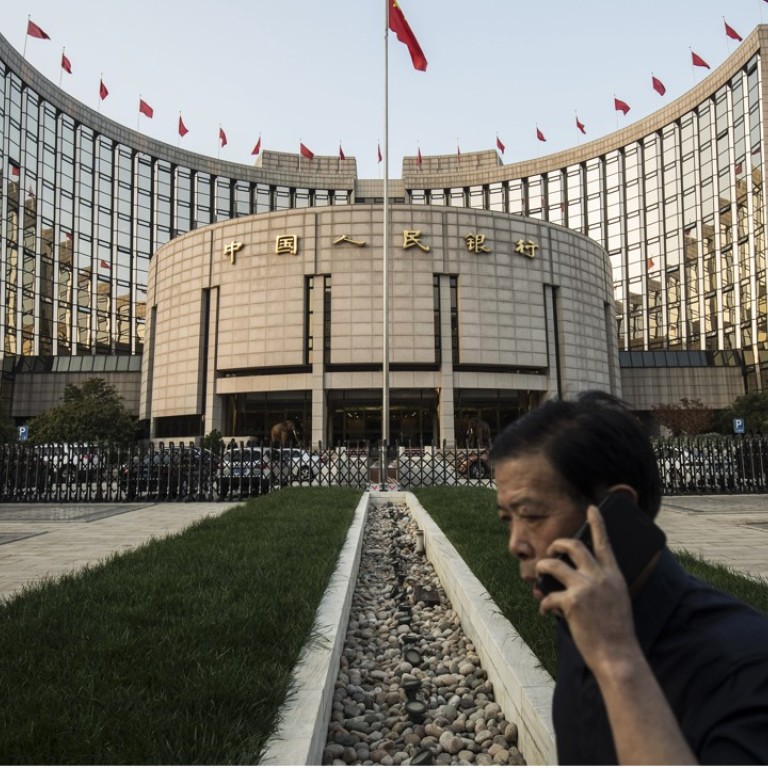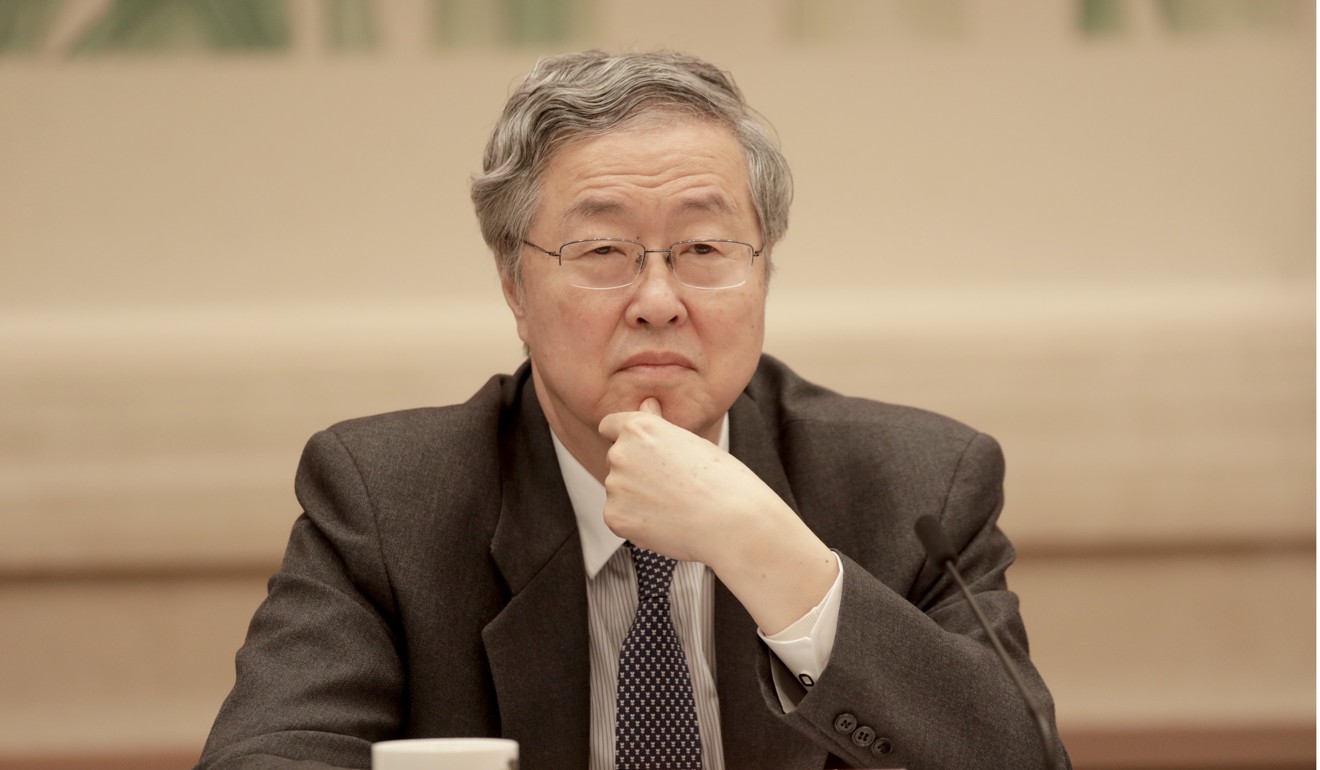
‘Everything’s OK’: China hits back at IMF verdict on health of banking system
Central bank says assessment ‘failed to comprehensively reflect the actual results’ of stress tests
China’s central bank has hit back at the International Monetary Fund over its reading of the country’s financial health, in Beijing’s latest bid to control the narrative on the world’s second-biggest economy.
The IMF’s twice-a-decade assessment of China’s economic and financial system is the most comprehensive review of its banks by an international institution, based on hundreds of meetings with Beijing’s financial bureaucrats.
But the People’s Bank of China made clear that it did not agree with all of the 70-page report, particularly the stress test results and the suggestion that China’s banking system was not as strong as official data shows.
“While the overall assessment of China’s financial system is objective and fair ... we also noted that there are some views and statements that we find it difficult to agree upon,” the central bank said in a statement issued hours after the IMF released the report on Thursday.
“We believe [the IMF’s] description of the stress testing of China’s banking system failed to comprehensively reflect the actual testing results.”
The central bank said China’s banking system was sufficiently capitalised and safe, and China’s official data – which puts the non-performing loans ratio at about 2 per cent in the banking system – did not significantly underestimate the real situation of bad loans.
But in the report, the IMF said its “solvency tests” on 33 Chinese banks “pointed to widespread and large undercapitalisation among joint-stock and city commercial banks under a severely adverse scenario”, reflecting the fragility and vulnerability of China’s banking system to shocks such as economic slowdown.
The IMF researchers also noted that they conducted the stress tests using “supervisory data provided in a physical data room located at the PBOC premises”, but “only part of the data available for supervisory purposes was made available to the team”.

When the IMF published its previous assessment of China’s financial health in 2011, the central bank said a number of its findings were “not comprehensive or objective” and its financial reform framework and priority recommendations needed “further study”. The PBOC also said then that China’s exchange and interest rates were decided by the market.
Beijing frequently speaks out against views that do not conform to the Communist Party narrative. When Moody’s and Standard & Poor’s downgraded China’s credit rating earlier this year, Beijing hit back and went on to sell US$2 billion worth of US dollar sovereign bonds in Hong Kong in October.
Julian Evans-Pritchard, an economist with Capital Economics in Singapore, said the central bank’s statement was part of Beijing’s efforts to “project an image certainly to outsiders that everything is OK”.
“They don’t want to create a panic, they want sentiments to remain strong and they want foreign investors to continue to invest in China,” Evans-Pritchard said.
“Domestically it’s different, especially within regulatory departments. They want to emphasise the risks so that there’s an urgency to deal with them. The two goals seems quite contradictory, but they are not actually.”
China often finds itself in a war of words with the “China bears” who predict a banking crisis, financial meltdown or even economic collapse. Yet central bank governor Zhou Xiaochuan has also warned that complacency could lead to a “Minsky moment” – referring to a sudden collapse of asset prices after a long period of prosperity or growth.
Hu Xingdou, a professor of economics at the Beijing Institute of Technology, said China should be open to external advice and criticism and any overreaction could be seen as “a reflection of insecurities”.
“Even if the estimates are proven wrong, they can serve as good warnings or reminders,” Hu said.
The IMF also has a track record of frequently fine-tuning its views on China – it has revised its economic growth estimates four times this year, with its latest forecast at 6.8 per cent for 2017 and 6.4 per cent for 2018.

